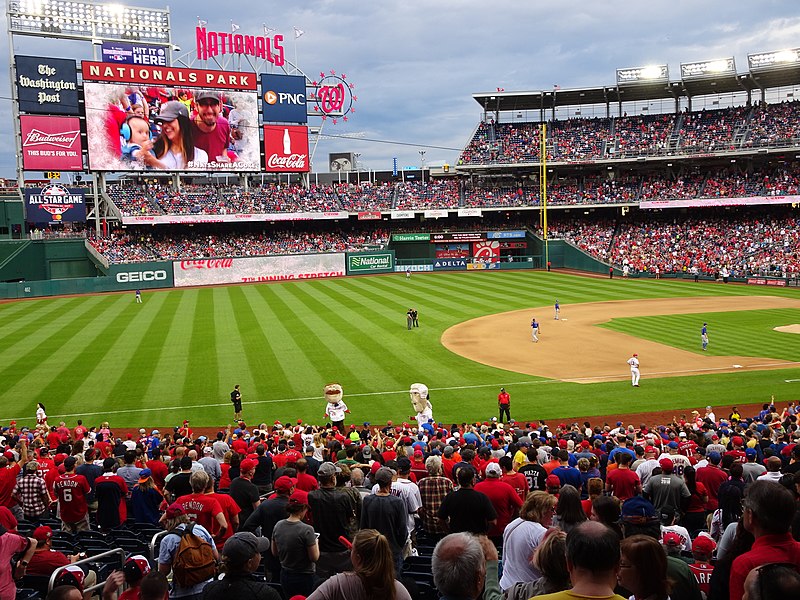
Baseball is back! As fans begin to root for their teams, Americans who live in 18 states can now bet on games legally.
In 2018, the Supreme Court overturned the Professional and Amateur Sports Protection Act (PASPA), a 1990s era federal law that prevented states from permitting sports betting. Since the ruling, 17 states have legalized and launched regulated sports betting, bringing the total of states where residents can legally bet on sports to 18. (Nevada was exempt from PASPA and has long had a legal sports betting industry.) Five additional states have legalized some form of betting but have not yet launched sports books, meaning that residents in 23 states will soon have access to licit betting markets.
Of course, just because it is now legal doesn’t mean sports betting is anything new. PASPA merely pushed the practice to an underground black market, as overly restrictive government regulation does. The illicit betting market thrived for decades, with billions of dollars in economic activity going from American’s wallets to illegal offshore operations, criminal interests, and beyond.
With legal sports betting becoming more widely available, research shows bettors are taking their business to the legal, regulated market.
New research from the American Gaming Association (AGA) shows that 74% of sports bettors believe that it is important to bet with legal betting services. This corresponds with a 25% decrease in spending with illegal books since the Supreme Court ruling. In other words, bets are shifting from the illegal market to the legal one.
In addition to simply wanting to comply with the law, bettors say they prefer legal markets because they know their wagers will be paid out, and that there are legal remedies they can pursue if a problem arises.
The study also found that 55% of people who placed wagers with illegal operators did so thinking they were betting legally.
Legal sports betting, with low tax rates and reasonable regulation, is a win for the economy, and taxpayers. It is a better way for government to gain new revenue than seeking to hike existing taxes.
Americans have legally wagered more than $22 billion since the 2018 ruling opening up sports betting in the states. That translates to $198 million in new tax revenue for state and local governments – and that is with less than half the states having sports betting.
Moreover, 2020 was set to be a record year for the industry. Before the pandemic hit, $3.5 billion had been wagered in January and February, smashing the previous record of $1.9 billion from a year earlier.
There is room for the sports betting market to grow, and opportunity for smart government policies. Still, overly aggressive government taxation and regulation can ruin a good thing. High tax rates, especially those above 15%, will reduce betting activity, as bettors stick with the black market. To keep the good news coming, states pursuing legalization will have to follow good examples like New Jersey, Iowa, or Indiana, and avoid the mistakes of Illinois, Pennsylvania, and Tennessee.

